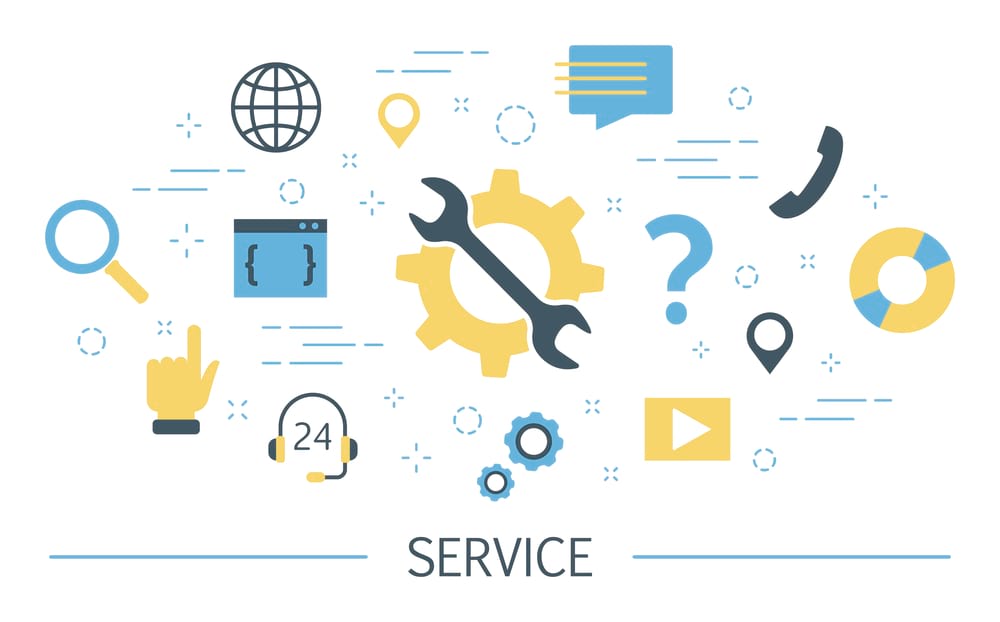4 steps for the perfect field service management
Main goal: excellence in field service management. And also a slogan for service businesses that require real-time monitoring of their technicians, materials, work orders, travel, etc. However, it is not enough to merely set out a goal; you must standardise work processes to improve efficiency and reaction time and offer the best service quality.
Consequence: you need to apply a professional method to manage Field Services and adapt that method to the features of your organisation. In this context, the best ally is good service management software.
What aspects optimise field service management?
Field service businesses that use traditional management systems are becoming endangered species. The need to offer immediate services and the highest quality means that they cannot rely exclusively on the decisions of a single person to control their activities and record everything on spreadsheets.
As mentioned above, the implementation of professional and rigorous methods for all processes and tasks is essential. From receiving requests to monitoring post-service satisfaction levels, and assigning the best technicians available or the nearest to the customer.
The businesses in this field have an excellent ally to systematise their activities: field service management software, which organises and automates their processes based on relevant criteria, coordinating all the agents involved in real time.
Explaining this methodology in detail would exceed the length of this article. We shall focus on the 4 aspects that we believe are key to achieving outstanding results in field service management and that all Field Service Management software should include.
1.Planning. Every agent involved in field services will have a schedule that will indicate their shifts based on the company’s working schedule. This schedule will indicate their availability and, based on this, tasks can be programmed in advance (particularly useful in the case of preventive and proactive maintenance work, for example). This schedule will also avoid future problems during the dispatching phase.
2.Assigning. Whether a service request has been received or whether you are dealing with preventive maintenance, the tasks should be identified so that they can be assigned to a technician based on the relevant criteria: perhaps on their availability or specialisation. In this sense, the field service management method must be flexible so that the criteria are not applied in an exclusionary manner.
3.Dispatching. The method must ensure that field services are handled by the individual or team that are best qualified to deal with them. It must also be flexible so that, in the case of urgent services, it is possible to assign the technicians that are the closest and most capable of solving the problem. Applied to software, it must be capable of integrating with mobile devices.
4.Analysis. Field services generate a significant amount of information from beginning to end, and even while the service is being provided. The system must help the agents involved to access mechanisms to record that information so that it can be stored and studied to detect behavioural patterns, use of certain materials, and even opportunities for improvement. In the case of Field Service Management software, it must even allow the information to be analysed in real time to make the best decisions.
Intelligence Partner has accumulated significant know-how in field service management based on our experience in this sector. This experience can be found in Task4Work, our advanced cloud solution for Field Service Management businesses.
Would you like to attain excellence in your field service management? Share your case with us and we shall explore the possibilities together.



